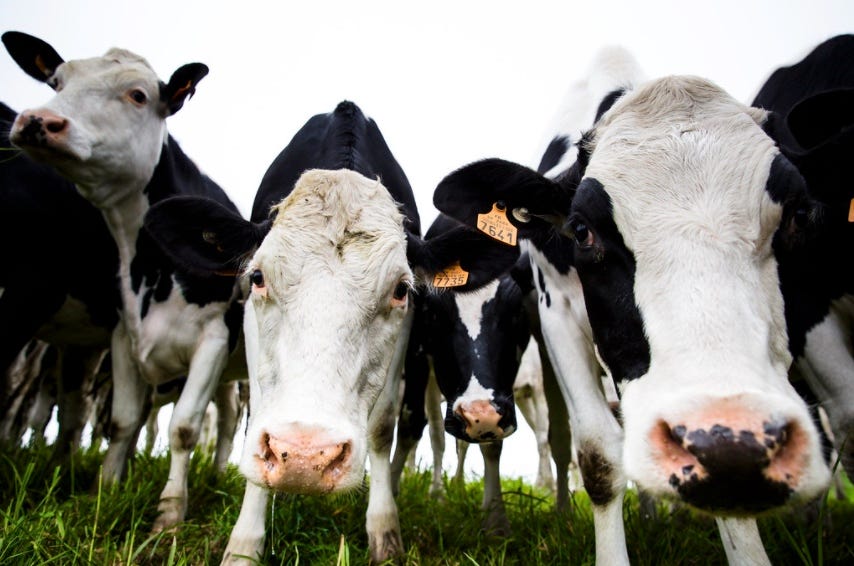How animal farts could help teach kids about climate change
Children are often concerned about global warming, but how much do they know about it?
(A native of England, Matthew Diebel is a veteran journalist who has worked at NBC News, Time, USA Today and News Corp., among other organizations. Having spent his childhood next to one of the world's fastest bodies of water, he is particularly interested in tidal energy.)
OK, so, a good number of kids are concerned about climate change. After all, they are the ones who are going to be most affected by it if it is not reversed.
But take classes in school about it? That is likely to be a harder sell. Not that some jurisdictions are not trying: For instance, Maine lawmakers are proposing spending millions to educate youngsters on global warming dangers and solutions, reports E&E News. And in Romania, according to the AP, President Klaus Iohannis presented a 141-page proposal to add a section on climate change to school curriculums. The plan even envisages creating a national network of 10,000 environmental “mini inspectors” who would engage in supporting nature-based activities.
But how do you really get the kids’ attention?
How about cow patties? Or pig farts? Or chicken poop?
After all, these malodorous byproducts of the farming industry are responsible for almost 10% of U.S. greenhouse gasses, particularly methane, which, although it hangs around for less time in the atmosphere, is considerably more damaging than other CO₂ emissions. In fact, according to the EPA, agriculture accounts for 36% of methane output.
And they are now at the center of a dispute between the Biden administration’s proposed Build Back Better bill and environmentalists (and some Democratic lawmakers) about subsidies for turning manure-based methane into compressed natural gas. The plan would seem to make environmental and financial sense, but, reports Reuters, opponents say it could backfire because if capturing and selling methane from cows, pigs and chickens becomes profitable, it could incentivize large farms to grow, thus bringing more emissions. They also warn that supporting a market for biomethane fuel would delay a transition to an all-electric future.
“If you start making money off of pollution, you’re not going to stop polluting,” said Rebecca Wolf, a policy analyst at environmental group Food & Water Watch.
That — and many mentions of animal excrement — would seem to be a teachable moment.

